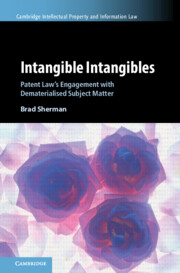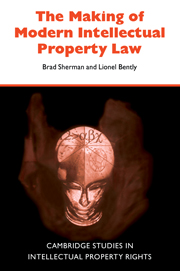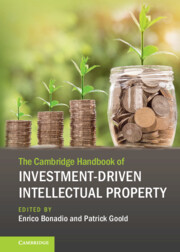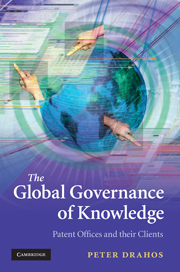Intangible Intangibles
This book takes as its starting point recent debates over the dematerialisation of subject matter which have arisen because of changes in information technology, molecular biology, and related fields that produced a subject matter with no obvious material form or trace. Arguing against the idea that dematerialisation is a uniquely twenty-first century problem, this book looks at three situations where US patent law has already dealt with a dematerialised subject matter: nineteenth century chemical inventions, computer-related inventions in the 1970s, and biological subject matter across the twentieth century. In looking at what we can learn from these historical accounts about how the law responded to a dematerialised subject matter and the role that science and technology played in that process, this book provides a history of patentable subject matter in the United States. This title is available as Open Access on Cambridge Core.
- Places recent debates about the dematerialisation of the invention in a concrete historical context
- Provides a detailed historical account of chemical, computer-related, and biological subject matter, how they were accommodated in patent law and how this changed when that subject matter was dematerialised
- Contributes to our understanding of the way that law, science, and technology interact
- This title is Open Access
Product details
May 2024Adobe eBook Reader
9781009479646
0 pages
20 b/w illus.
This ISBN is for an eBook version which is distributed on our behalf by a third party.
Table of Contents
- 1. Introduction
- 2. An impure law
- 3. Informed Subject Matter
- 4. Speculative property
- 5. Intangible machines
- 6. A hybrid subject matter
- 7. Fabian patents
- 8. Bio-legal subject matter 9. Molecular subject matter
- 10. Postgenomic subject matter
- 11. Conclusion.







